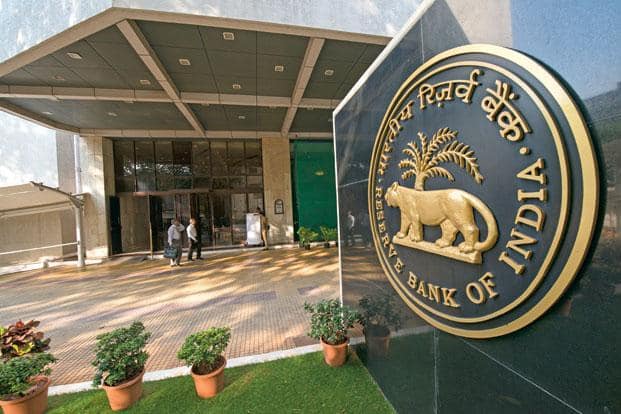Why in news ?
- The Reserve Bank of India (RBI) has constituted the Payment Regulatory Board (PRB) to regulate and supervise India’s evolving digital payments ecosystem.
- The PRB will replace the earlier BPSS (Board for Regulation and Supervision of Payment and Settlement Systems).
- Objective: To ensure transparency, efficiency, and security in domestic and cross-border payment systems.
- This step has been taken in view of the rapid expansion of digital payments and the need for more focused oversight.

Legal Basis and Structural Changes
- The PRB derives its powers from the Payment and Settlement Systems Act, 2007.
- It is no longer a sub-committee of the RBI Central Board but a separate unit supported by DPSS (Department of Payment and Settlement Systems).
- The PRB represents a more autonomous and robust regulatory framework, aligned with India’s global ambitions in digital payments.
Objectives:
- Ensuring security
- Maintaining interoperability
- Building a flexible and reliable digital payments ecosystem
Structure:
- Chairperson: RBI Governor (current – Sanjay Malhotra)
- Total Members: 6 (including 5 others)
- RBI Members:
- Deputy Governor in charge of Payment Systems
- Executive Director responsible for Payment Systems
- Government-Nominated Members:
- Financial Services Secretary
- Electronics & IT Secretary
- Aruna Sundararajan, former Telecom Secretary
Goal: To integrate technical, financial, and policy perspectives and remain responsive to emerging challenges.
Decision-Making Rules:
- Decisions are taken by majority vote.
- In case of a tie, the Chairperson (or Deputy Governor) has the casting vote.
- At least two meetings are held annually.
- Decisions can also be taken via circulation with the Chairperson’s approval.
- RBI’s Chief Legal Advisor will act as a permanent invited member to ensure legal compliance.
Key Functions:
The PRB is tasked with comprehensive regulation and supervision of all payment systems, including:
- Electronic Payments:
- UPI, NEFT, RTGS, IMPS, card networks
- Non-Electronic Payments:
- Domestic and Cross-Border Transactions
- Public and Private Payment Platforms
|
Question: The Payment Regulatory Board (PRB) was established in place of which of the following ?
(a) NPCI
(b) BPSS
(c) SEBI
(d) PFRDA
|



